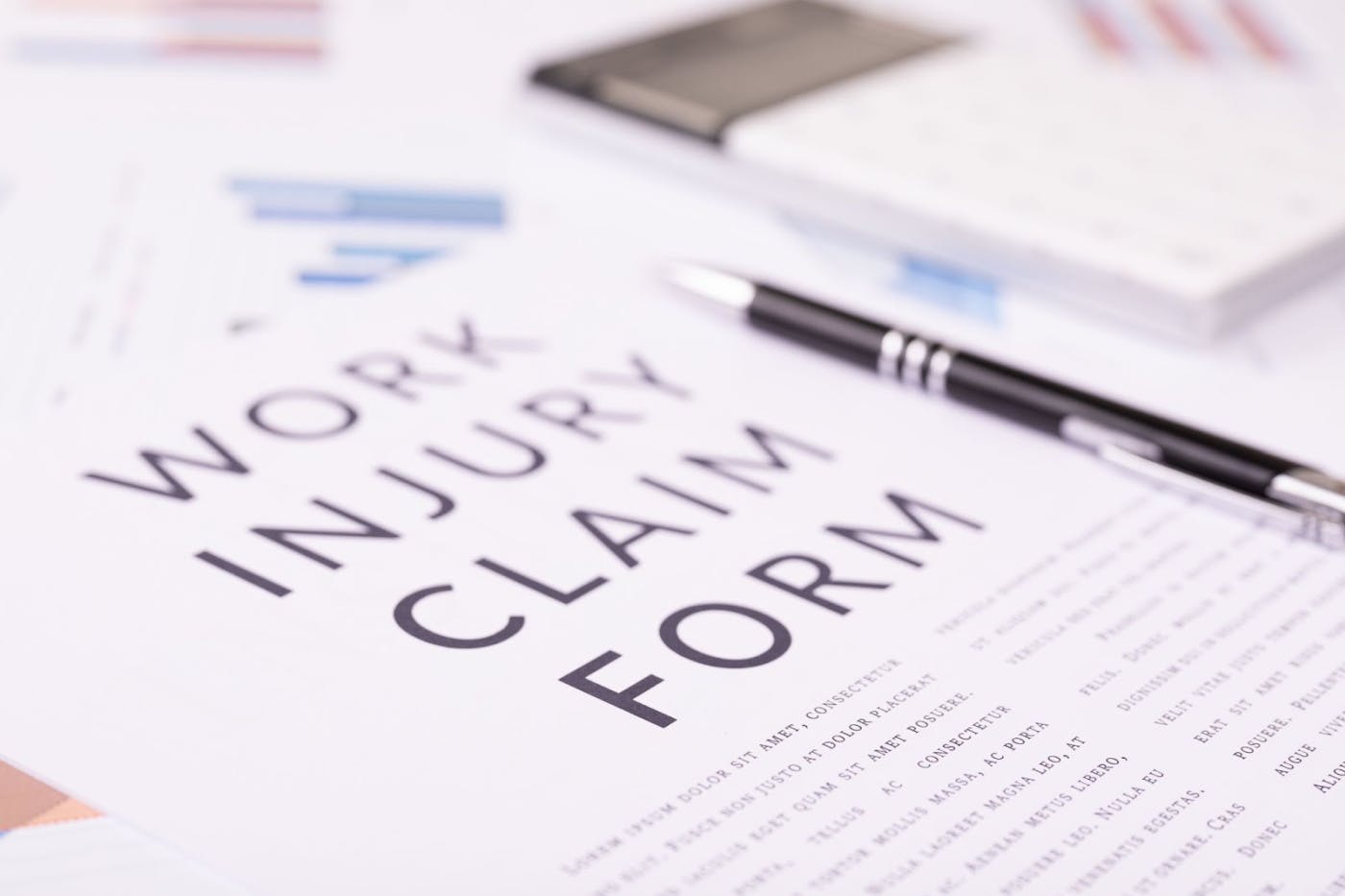Third-Party Action May Provide Additional Compensation to Workers Injured on the Job After Workers’ Comp

Serious work injuries are still far too common. Approximately 2.8 million workers were hurt while at work and 5,147 died in 2017, according to the latest data from the Bureau of Labor Statistics. That translates to over 30 percent of workers requiring time off because of an injury, and more than $161 billion in costs to employees, employers and insurance companies.
Of course, injured workers suffer the most, wondering if they will ever work again, how they will cover the cost of extended care and rehabilitation, and who will pay the bills during recovery. Since all employers are required to carry workers’ compensation insurance, injured employees (or their families) should first file a claim to help with medical costs, disability benefits, lost wages and death benefits, if applicable.
But it’s a common misconception that workers’ compensation is a worker’s only source of benefits after an on-the-job injury. While workers’ compensation is typically provided without regard to fault by the employee or employer, there are situations where a negligent third party might be held responsible.
These are called third-party claims, which is a legal action that allows injured employees to seek additional compensation from the negligent party. Given the constant pressure to cut workers’ compensation benefits in many states by big business and their political allies, a third-party claim – if available – may be the only way a worker can achieve full financial recovery from a serious work injury.
Let’s Say You Get Hit by a Truck

So, here’s one example of a situation that might result in a third-party action. Let’s say a semi-truck driver employed by one company backs over and severely injures a loading dock worker employed by a second company. According to the subsequent accident investigation, the trucking company disconnected the backup alarm on the truck. In this situation, the dock worker might have a third-party claim against the trucking company for disabling the horn in addition to work comp coverage from his employer for medical bills and lost time at work.
Other common third-party claims include:
- Equipment or manufacturer defects: The manufacturer may be held accountable when equipment malfunctions and causes an injury.
- Improper safety practices: If an employee is working for one company and is injured on a job involving other companies (as in the case described above), a second company may be held liable for the accident if it should have – and did not – follow proper safety guidelines.
- Premises liability: A third-party liability claim may be filed for a worker injured on someone else’s property as a result of a known danger.
In summary, workers’ compensation provides limited protection. It does not cover noneconomic or punitive damages, for example. Bills can quickly stack up. Third-party claims may be another way to make whole a worker and his or her family when recklessness or negligence cause a devastating injury.
Because these are complicated legal matters, your best bet if injured at work – no matter how straightforward it looks – is to contact one of our workers’ comp or personal injury lawyers. They have years of experience with cases like these and can quickly assess your situation for all possible legal protections. In other words, they’ll make sure you Know Your Rights!











